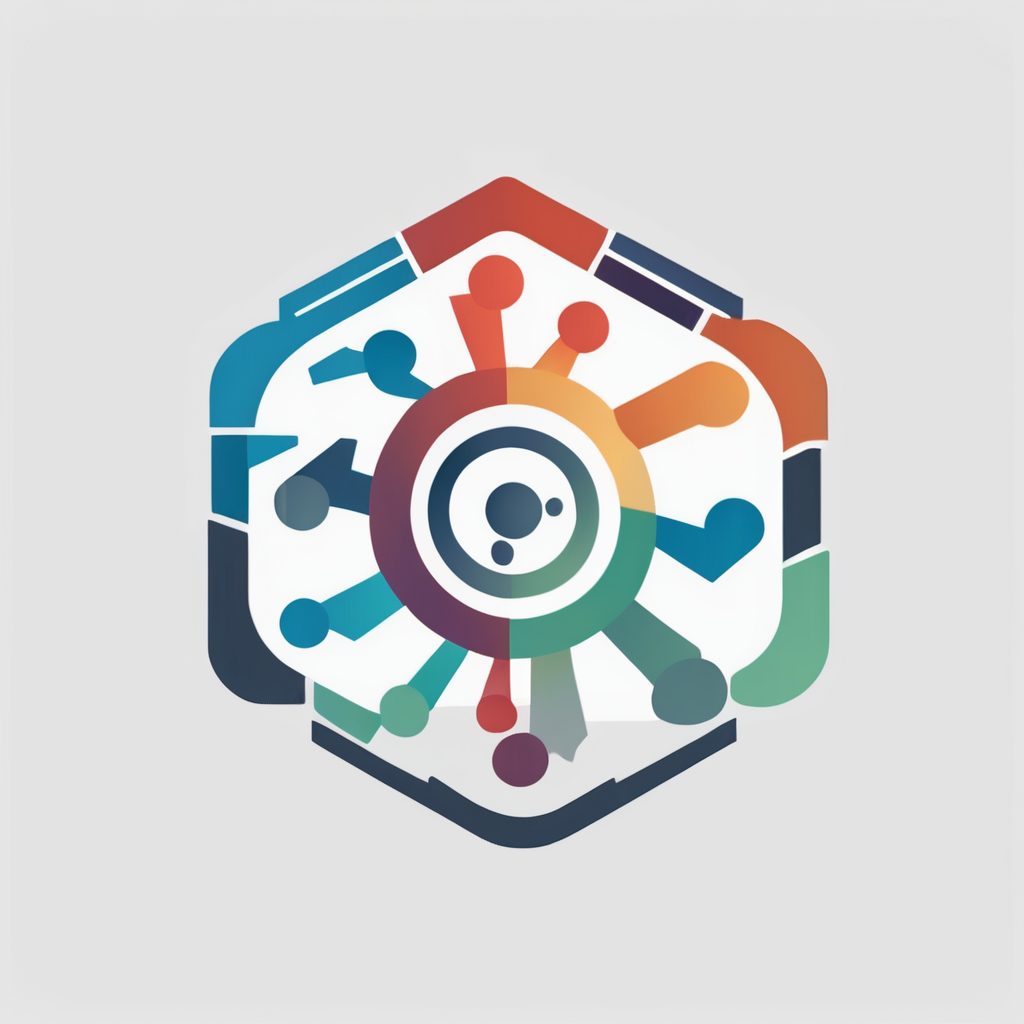Overview of Digital Literacy
Digital literacy, a fundamental 21st-century skill, encapsulates more than just using technology. It involves the ability to critically evaluate information, create digital content, and communicate effectively online. Recognising the importance of digital skills, the UK education system has been at the forefront of integrating these capabilities into school curricula.
Currently, the state of digital literacy among UK students reveals a diverse landscape. While many schools strive to equip students with essential skills, disparities remain. This is often due to varying access to technology and differences in teaching methods. Recent studies highlight that students’ proficiency in digital skills fluctuates across regions, indicating a need for consistent strategies and resource allocation across schools.
Also read : Unlocking Revenue Potential: A Must-Have Video Marketing Strategy for UK E-Commerce Brands
In the realm of education, digital literacy holds immense importance. It is not merely a subject but a vital component that enhances the learning experience. Skills acquired through digital literacy enable students to engage more effectively in various academic and practical contexts. As the digital world continues to evolve, equipping students with these skills prepares them for future challenges and opportunities. Therefore, prioritising the integration of digital literacy within the UK education system is crucial for fostering informed, capable, and resilient learners.
Innovative Strategies for Enhancing Digital Literacy
The journey to transform digital literacy in education is ripe with innovative methods and dynamic technology integration. One approach involves infusing technology directly into the curriculum, allowing students to interact with digital tools as part of their learning journey. For example, using tablets for projects or coding software in science classes can make complex concepts more engaging and relatable.
Also to discover : Powerful UK SEO Techniques: Elevate Your Digital Marketing Success
Another impactful strategy is the adoption of project-based and experiential learning approaches. This method encourages students to solve real-world problems and create tangible products through the application of digital skills. Such hands-on activities foster deeper understanding and retention of knowledge.
Additionally, gamification and interactive platforms offer another layer of engagement. By incorporating game elements like points, levels, and challenges in educational content, students often find learning experiences more enjoyable. Platforms such as Kahoot! and Classcraft exemplify this trend, offering teachers tools to create fun and immersive learning environments.
These strategies not only cater to diverse learning styles but also cultivate an environment where students feel empowered to explore and experiment. Integrating technology and innovative teaching methods in schools can significantly enhance digital literacy, ensuring students are better prepared for the demands of the modern world.
Case Studies and Examples from the UK
The successful implementation of digital literacy programs in UK schools offers inspiring examples across the country. By exploring these success stories, educators and policymakers can better understand effective methodologies and learn best practices.
School A: Implementing Digital Literacy Programs
School A has become a benchmark for digital literacy by integrating digital skills into every facet of learning. Their approach involves bespoke curriculums that accommodate student needs, making use of technology to facilitate enhanced learning outcomes.
School B: Community Engagement Initiatives
Meanwhile, School B emphasises the importance of community involvement. With initiatives that train not just students but also parents and guardians, they foster a holistic understanding of digital tools, bridging gaps between school and home environments.
School C: Tech Collaborations
School C stands out for its collaborations with leading tech firms. Such partnerships provide access to cutting-edge technology and insights, preparing students with skills that are highly relevant in today’s tech-driven job market. These schools demonstrate diverse yet effective strategies to improve digital literacy, offering clear insights into successful implementations.
Recommendations for Teachers and Administrators
To effectively integrate digital literacy in the classroom, it is crucial for teachers and administrators to focus on best practices and strategic approaches. Developing these competencies fosters an enriched educational environment equipped for modern challenges. Here’s a deep dive into these elements:
Professional Development for Educators: Continuous learning through workshops and courses helps educators remain updated on technological advancements, enhancing their ability to teach digital skills. Investing in teacher training equips them with the tools and techniques needed to facilitate digital literacy.
Curriculum Integration: Seamlessly incorporating digital literacy into core subjects enhances relevance. By embedding technology in lesson plans, educators can relate theoretical concepts to practical applications, making learning more engaging. This strategic inclusion prepares students for increasingly digital careers.
Supportive Digital Environment: Frameworks that encourage experimentation and innovation play a pivotal role in fostering digital proficiency. Schools should provide resources, such as access to devices and software, creating an ecosystem where students feel confident exploring technology.
Through these recommendations, teachers and administrators can cultivate a dynamic and supportive learning environment. This holistic approach not only improves digital proficiency among students but also prepares them for the tech-centric landscape ahead.
Challenges in Implementing Digital Literacy
Implementing digital literacy in UK education faces notable challenges. One primary barrier is the digital divide, which includes disparities in access to technology and the internet between urban and rural areas. This divide affects students’ ability to develop digital skills equitably, necessitating targeted resource allocation to level the playing field.
Moreover, a lack of funding often limits schools’ capacity to maintain up-to-date technology. This issue not only affects the availability of digital tools but also the ability to update software and hardware regularly, which is crucial for a comprehensive digital education. Schools must advocate for increased investments to overcome these financial constraints.
Resource allocation strategies play a pivotal role in bridging these gaps. Schools can explore partnerships with tech companies to access devices and training programs at reduced costs. For instance, pooling resources among local schools can optimise technology usage and access.
Addressing these challenges requires a collaborative effort from policymakers, educators, and the community to ensure that all students benefit from digital literacy. By recognising and tackling these issues, the UK education system can progress towards a more equitable and effective digital learning environment.
Resources for Further Learning and Engagement
In the rapidly evolving field of digital literacy, staying current requires continuous learning. Educators can benefit greatly from a variety of learning resources available to deepen their knowledge and enhance their teaching approaches.
Recommended Books and Articles
Several reputable publications can bolster understanding. Books like “The Digital Literacy Advantage” or “Teaching Digital Literacy” are worthwhile reads. Articles from educational journals provide insights into the latest trends and research.
Workshops and Online Learning Platforms
Participating in professional development workshops can significantly boost educators’ skills. These opportunities often focus on practical application and emerging technologies. Online platforms like Coursera and EdX offer courses tailored to digital literacy, providing convenient access to expert content from global educators.
Platforms for Educator Collaboration
To foster a collaborative spirit, educators might explore platforms such as Edmodo or Teacher Network UK. These sites facilitate sharing of best practices, resources, and personal experiences, allowing teachers to collectively innovate their teaching methods.
By engaging with these resources, educators will be better equipped to navigate the challenges of integrating digital literacy in their teaching, contributing to a more informed and prepared student body.











